Maximizing Efficiency and Reliability with Pressure Regulating Valves

Pressure regulating valves play a crucial role in optimizing efficiency and ensuring the reliability of various systems. These valves are designed to control and maintain the desired pressure levels within a system or process. From industrial applications to residential plumbing, pressure regulating valves are essential components that contribute to the smooth operation and longevity of equipment. In this article, we will delve into the workings of pressure regulating valves, their significance, and their benefits in different settings.
What is a Pressure Regulating Valve?
A pressure regulating valve, also known as a pressure control valve or pressure-reducing valve, is a mechanical device that regulates the pressure of a fluid or gas within a system. It works by automatically adjusting the flow rate to maintain a constant pressure at the outlet, regardless of fluctuations in the input pressure.
How Do Pressure Regulating Valves Work?
Pressure regulating valves operate based on the principle of using a diaphragm or spring mechanism to control the valve's opening and closing. When the pressure at the inlet exceeds the desired setpoint, the valve restricts the flow to reduce the pressure. Conversely, if the pressure drops below the setpoint, the valve opens wider to allow more fluid or gas into the system, thereby increasing the pressure.
Applications of Pressure Regulating Valves
Pressure regulating valves find applications in various industries and systems. Let's explore some of the common areas where these valves are utilized:
Plumbing Systems: In residential and commercial plumbing systems, pressure regulating valves ensure a consistent and safe water pressure throughout the network. By maintaining the pressure within an optimal range, these valves protect plumbing fixtures, prevent pipe damage, and enhance overall system performance.
HVAC Systems: Heating, ventilation, and air conditioning (HVAC) systems rely on pressure regulating valves to maintain appropriate pressure levels in different components. These valves help achieve balanced airflow, prevent overpressure situations, and optimize the performance of heating and cooling units.
Industrial Processes: In industrial settings, precise pressure control is crucial for efficient and reliable operations. Pressure regulating valves are employed in various processes, such as manufacturing, oil and gas, chemical production, and power generation. They ensure consistent pressure levels, protect equipment from damage, and support stable process conditions.
Pneumatic Systems: Pressure regulating valves play a vital role in pneumatic systems by controlling the pressure of compressed air. These valves enable precise adjustment of pressure to match the requirements of pneumatic devices, improving their performance and extending their lifespan.
Benefits of Pressure Regulating Valves
Pressure regulating valves offer several advantages that contribute to the overall efficiency and reliability of systems. Some notable benefits include:
Equipment Protection: By maintaining optimal pressure levels, pressure regulating valves safeguard equipment from excessive pressure that could lead to leaks, bursts, or premature wear and tear. This protection extends the lifespan of equipment and reduces the frequency of repairs and replacements.
Energy Conservation: Efficient pressure regulation minimizes energy waste by ensuring that systems operate at the required pressure levels without excessive strain. This results in energy savings and reduced operational costs, making pressure regulating valves an environmentally friendly choice.
System Performance Optimization: With precise pressure control, systems can achieve optimal performance and productivity. Pressure regulating valves eliminate pressure-related inefficiencies, such as insufficient flow, pressure drops, or system malfunctions, thereby maximizing the output and efficiency of the overall system.
Safety Enhancement: Maintaining appropriate pressure levels is crucial for ensuring the safety of personnel, equipment, and the surrounding environment. Pressure regulating valves help prevent overpressure incidents that could lead to accidents, equipment failure, or hazardous conditions.
Conclusion
Pressure regulating valves are indispensable components that optimize efficiency, protect equipment, and enhance system reliability across various industries. By understanding their functionality and leveraging their benefits, businesses and individuals can ensure smooth operations, minimize downtime, and achieve long-term cost savings. Whether in plumbing systems, HVAC setups, industrial processes, or pneumatic applications, pressure regulating valves play a vital role in maintaining the desired pressure levels and promoting optimal performance.
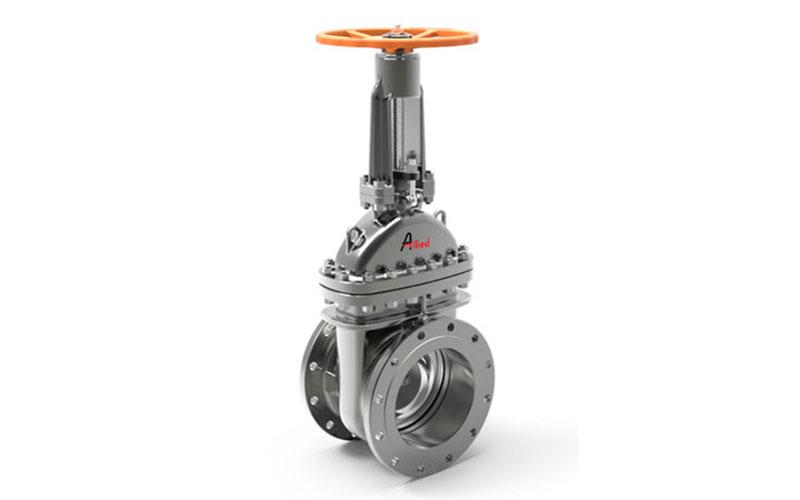
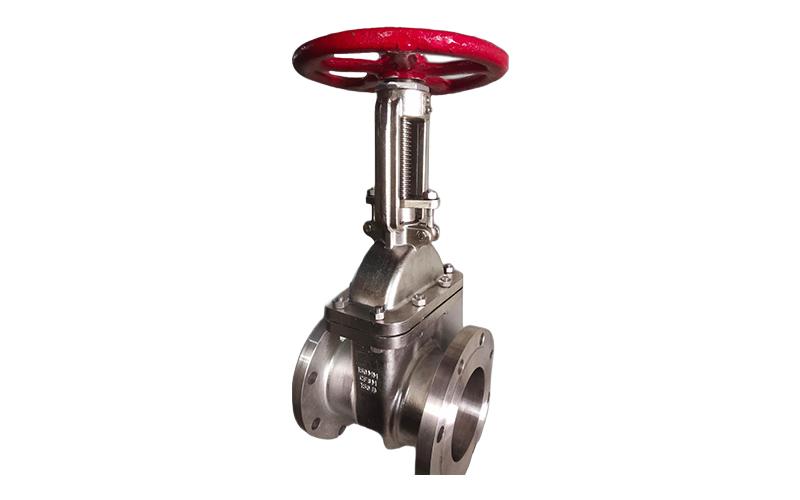
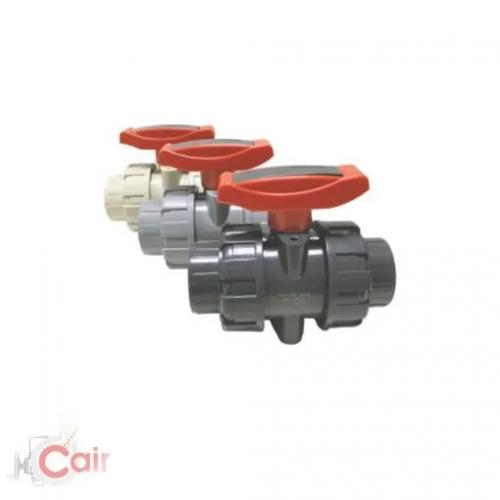

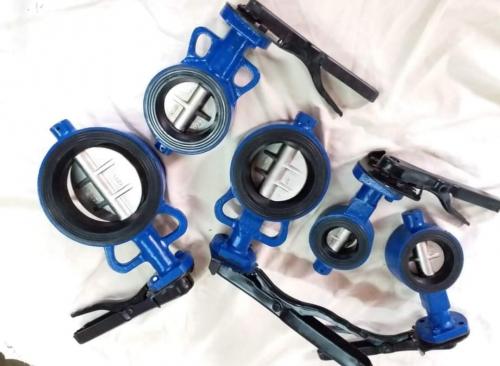
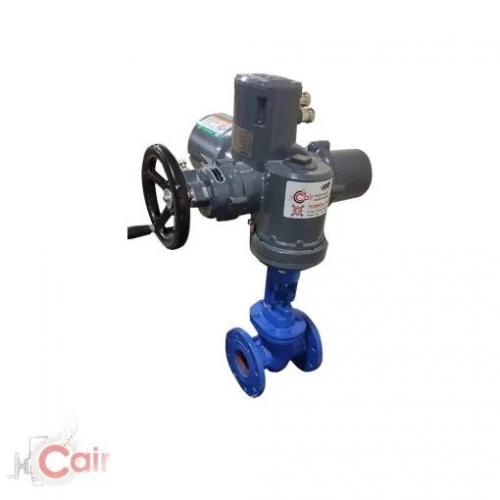
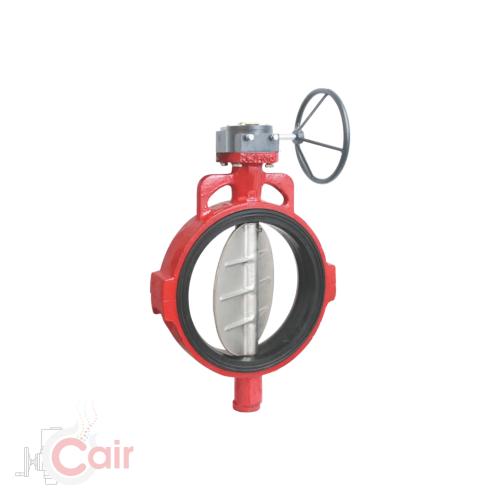

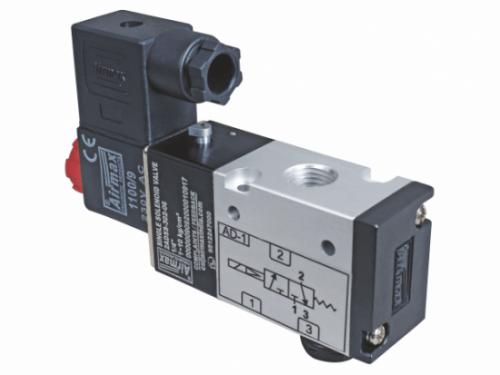
Comments